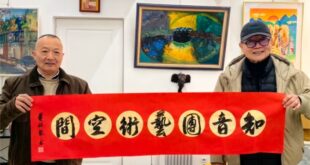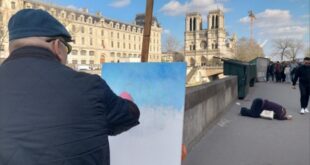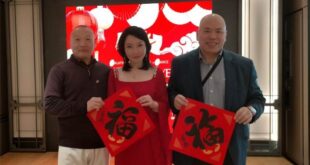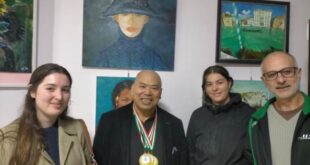经过精彩比赛表演,俄罗斯两位选手得同样分(156.65),但 A.Zagitova 扎吉托娃 的技术分高(艺术感差),加三天前“短赛”后,她领先1点3分,最后她成为奥运女花样滑冰冠军,成为2018年【奥运女王(女皇后)】
金银牌得主,她们俩的水平高出其他选手太多,出自同一个教练,一个训练中心
世界媒体对此极为关注,派团队去采访她们,通过视频,我们可以看到【她们的不容易】
注:她选的音乐是【堂吉诃德】
Alina Zagitova, the 15-year-old victor in women’s figure skating, competed as a neutral “Olympic Athlete From Russia.” At a medal ceremony later Friday, she watched the five-ringed Olympic flag being raised instead of the Russian flag and heard the Olympic hymn played instead of the Russian anthem.
But a nominal banning of Russia from the Olympics for operating a systematic doping scheme at the 2014 Winter Games in Sochi was more of a semantic prohibition than a complete ban. One hundred sixty-nine Russian athletes were permitted to compete here. And there was no question which country Zagitova represented in winning gold with a score of 239.57 points as fans chanted her name and waved the Russian tricolor.

Alina Zagitova Wins Russia’s First Gold Medal
PYEONGCHANG, South Korea — Technically, Russia did not win its first gold medal at these Winter Olympics on Friday.
Strictly speaking, Alina Zagitova, the 15-year-old victor in women’s figure skating, competed as a neutral “Olympic Athlete From Russia.” At a medal ceremony later Friday, she watched the five-ringed Olympic flag being raised instead of the Russian flag and heard the Olympic hymn played instead of the Russian anthem.
But a nominal banning of Russia from the Olympics for operating a systematic doping scheme at the 2014 Winter Games in Sochi was more of a semantic prohibition than a complete ban. One hundred sixty-nine Russian athletes were permitted to compete here. And there was no question which country Zagitova represented in winning gold with a score of 239.57 points as fans chanted her name and waved the Russian tricolor.
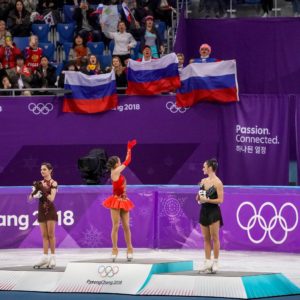
Her friend and training partner, Evgenia Medvedeva, took the silver medal with 238.26 points while skating as Tolstoy’s tragic Anna Karenina. (Kaetlyn Osmond of Canada won the bronze with 231.02 points, while no American placed higher than ninth out of 24 competitors, the worst collective finish by American women at the Olympics.)
Before the medal ceremony, Zagitova declined to say whether she would be disappointed not to see the Russian flag, but Medvedeva said: “It doesn’t matter what the circumstances are. People know who we are. Today, we proved ourselves here.”
A two-time world champion and consensus favorite to win gold before she broke a bone in her right foot last fall, Medvedeva was forced to confront a sobering reality on Friday at age 18: Experience and artistry and expressiveness did not prevail over mathematics.
Zagitova became the second-youngest women’s skater to win Olympic gold with a program of shrewd design, remarkable stamina, precise jumping and youthful certainty. What she lacked in the full elegance that comes with maturity, Zagitova compensated for with a keen understanding of skating’s current rules.
In her balletic “Don Quixote” routine, she landed all 11 of her jumps in the second half of her four-minute free skate, compared to eight for Medvedeva. This is known as back loading, and is meant to gobble up a 10 percent bonus awarded for each jump beyond the halfway point of a routine, as skaters’ legs begin to tire.
With calm under pressure and endurance gained from her strenuous training, Zagitova placed a triple loop worth 5.65 points onto her second triple lutz, rescuing a combination jump that she could not complete after a heavy landing on her first lutz.
Some find the beginning of Zagitova’s routine — limited to spins, footwork and choreography — to be a tedious preamble. Zagitova defended the design of the routine, saying, “It captivates the audience and makes them watch to the very end.”
A year ago, Zagitova was the world junior champion, while Medvedeva was the senior world champion favored to win Olympic gold. Then Medvedeva broke a bone in her right foot last fall, missed training time and two important competitions and perhaps never fully regaining her stamina.
Zagitova at the same time came into her own, defeating Medvedeva at the European championships last month and now at the Olympics.
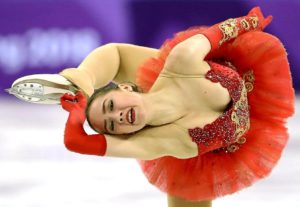
“It’s life and it’s a lesson,” Medvedeva said of being surpassed by a younger skater. “Every year, every moment, every day, every week, every month, we must become stronger.”
Zagitova has sometimes clashed with Eteri Tutberidze, who coaches her and Medvedeva in Moscow. Several years ago, Zagitova admitted she trained indifferently and nearly quit. But now she skates with a seriousness of purpose and a whispery inevitability. At practice on Thursday, Zagitova landed five triple jumps in a matter of seconds.
The skating world saw a similar Olympic performance 20 years ago.
At the 1998 Winter Games, Michelle Kwan of the United States was widely favored to win a gold medal. But Tara Lipinski, then 15, entered those Olympics as the world champion and skated with a technical mastery and joyous inevitability while Kwan displayed the slightest caution. Lipinski won and remains the youngest Olympic champion by a few weeks at a comparable age to Zagitova.
“She was literally a junior last year; it’s even hard for me to understand that,” Lipinski said of Zagitova. “What sets her apart is she has this fearlessness and the technical brilliance. I think she knows in a confident way that she’s the best.”
现场实况,【无评论版】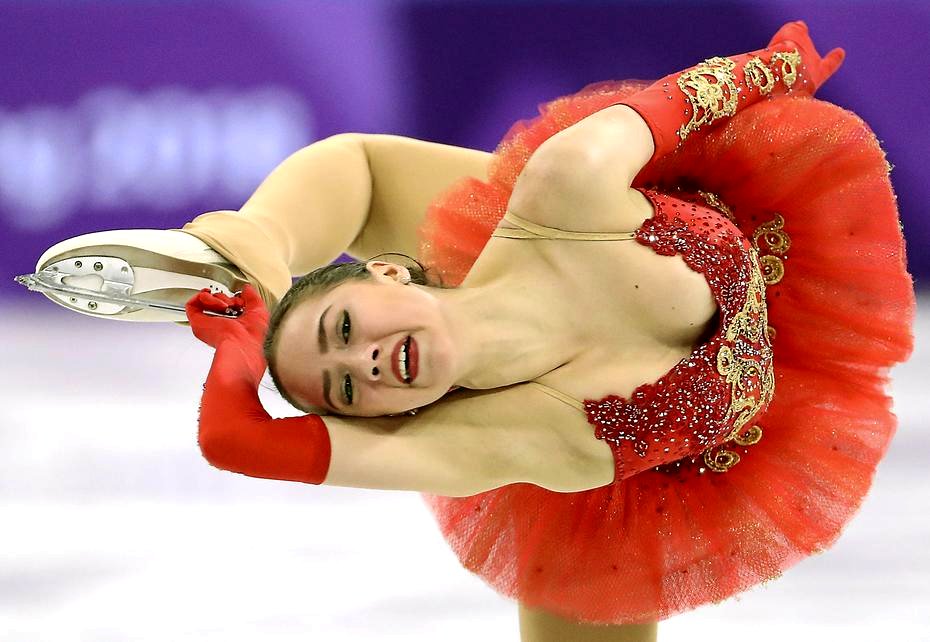
 Michel Tong 唐恽鉎 官网 Les nouvelles de Michel Tong 唐恽鉎
Michel Tong 唐恽鉎 官网 Les nouvelles de Michel Tong 唐恽鉎
